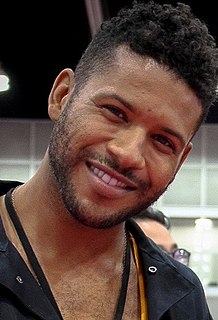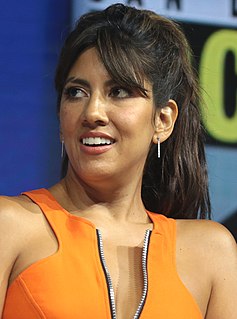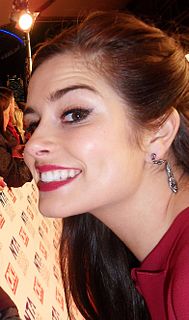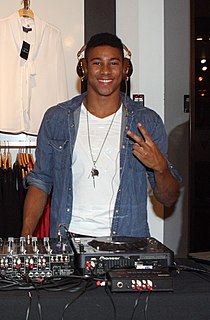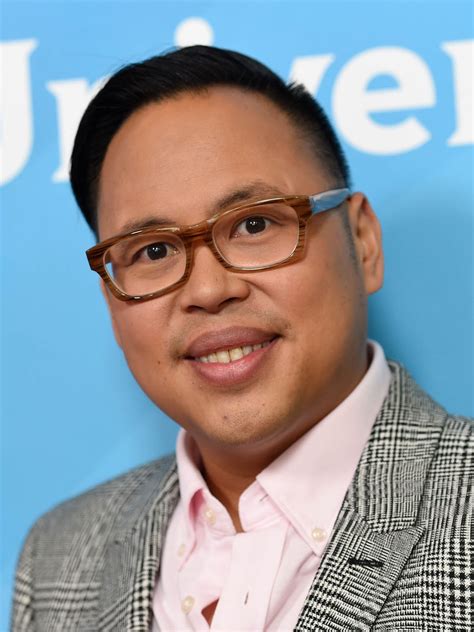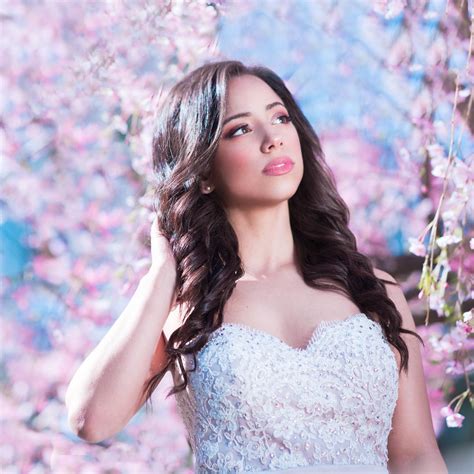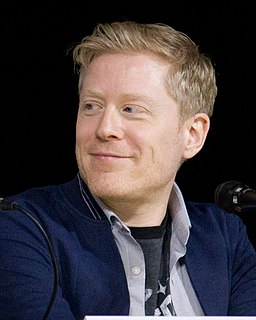A Quote by Emma Donoghue
I love it when novels contain a broad cast of characters, including queer ones.
Related Quotes
People often ask me why I choose to primarily play queer characters, and my answer is that as a queer man, I choose to align myself with projects in which I can be of service for a purpose greater than myself: to be for an audience of queer people of color, something I didn't have the privilege of seeing as a young man.
'Switched at Birth' has an amazing cast, including an Oscar winner and two Emmy nominees. The writing is very innovative, and the show's producers have redefined U.S. TV by launching a mainstream show which includes multiple deaf cast members whose characters communicate only in ASL (American Sign Language).
I think, in general, straight actors should be able to play queer roles just as much as queer actors should be able to play straight roles. I think the reason why the debate is there is because we haven't had enough queer actors being cast in anything. People are in need of that representation in general.
I've just finished a series of Olivia Manning novels. She's best known for two trilogies: Balkan Trilogy and Levant Trilogy. The six novels are continuous and contain the same set of characters. They are based on Manning's experiences in Eastern Europe and Egypt during the Second World War. Each novel is a wonderful picture of the peculiar British expatriate culture and what was happening during the war. She's one of those brilliant women who write very well about domestic relationships. All the books are slim, and it's easy to gallop through them.
A lot of artists I like end up being queer. Or maybe it's a subconscious thing that you can identify of, like, 'Oh this person understands the nuances of the romantic narrative of a queer person, or the social narrative of a queer person.' And then you discover, lo and behold that they are a queer person.

